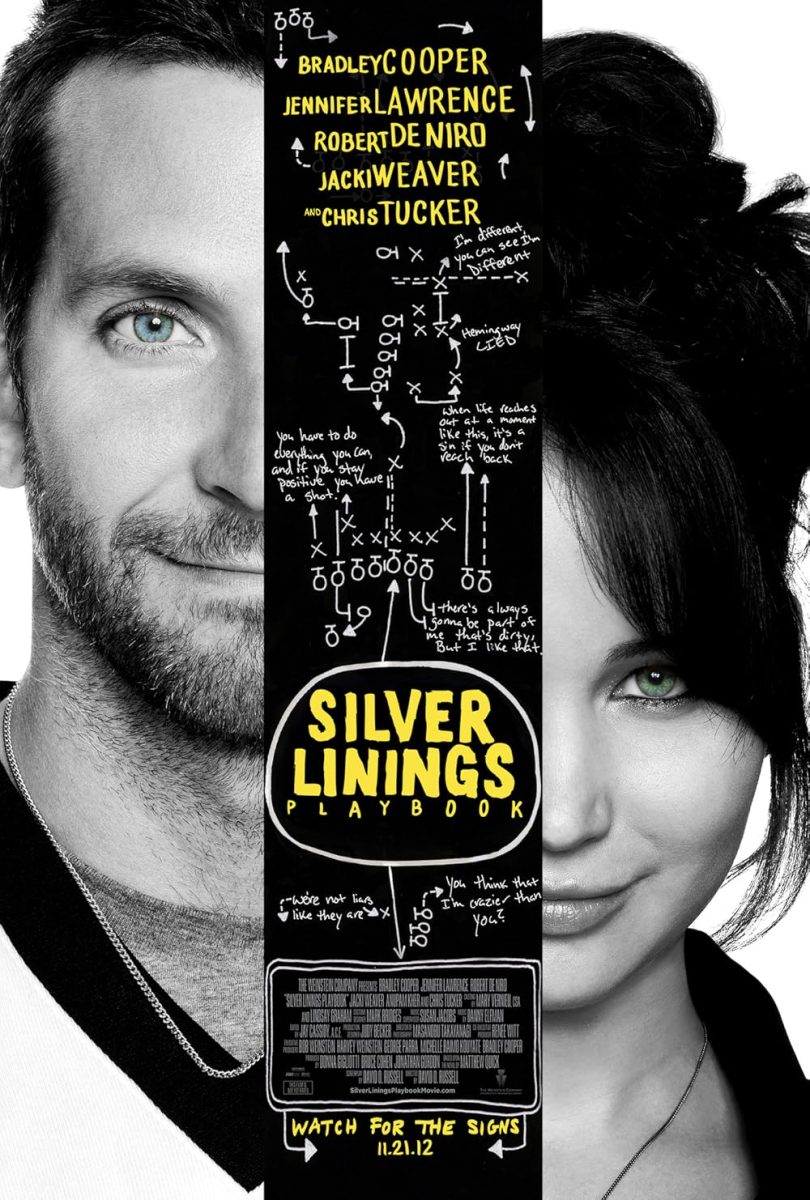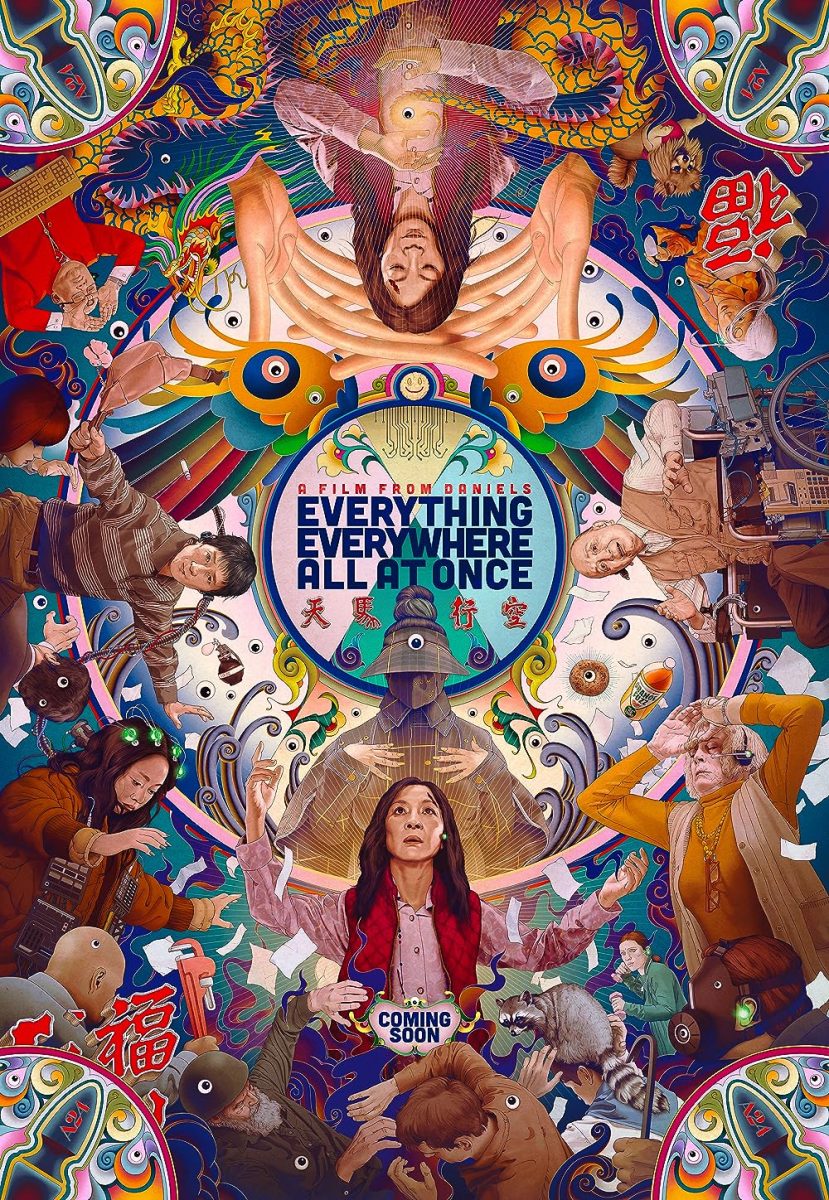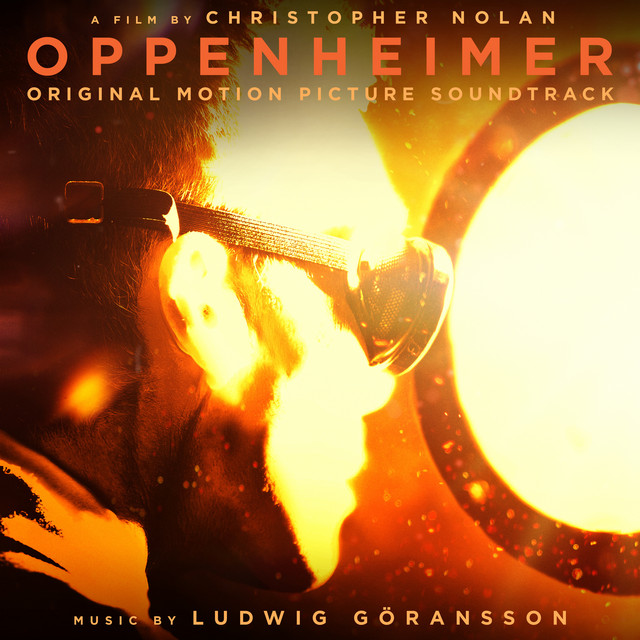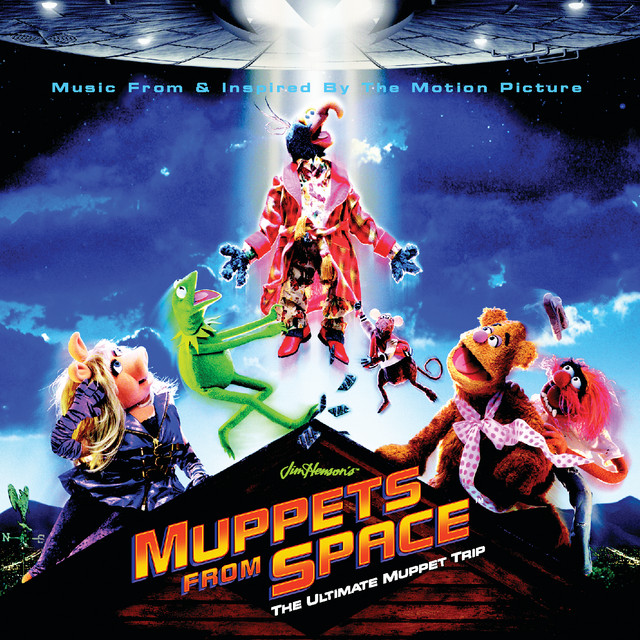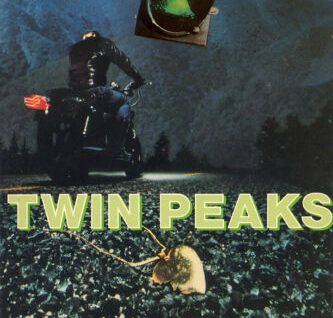I can’t remember when I first watched Silver Linings Playbook, but ever since then, I have been desperately trying to get everyone I know to watch it. There’s an intrinsically-human grit that the film has throughout that moves viewers to jubilation. The music carries the plot along perfectly. This movie’s score not only enhances every aspect of it, but also is integral to the story.
The score is done by Danny Elfman, who has scored most of Tim Burton’s movies as well as Stephen Anderson’s Meet the Robinsons. Knowing Elfman’s prior work, you can easily imagine the melancholy tunes in the world of Burton, but they’re also perfect for Silver Lining’s modern backdrop. Elfman’s score plays when Pat and Tiffany run into each other while jogging, each chronicling their mistakes and regrets, making jabs at who has it worse. His score also plays when Pat begs Tiffany to give his ex-wife a letter in a diner, and they stand under a streetlight on Halloween. The score reflects feeling so close to what you want, and not being able to break with the past. The dialogue and movements seem to be in conversation with Elfman’s score, like when your life is soundtracked to whatever you’re listening to in your headphones.
The movie’s crux is actually based around the song that was playing when Pat discovered his wife was cheating on him: “My Cherie Amour” by Stevie Wonder. Whenever Pat hears the song in public — which cruelly happens twice in the movie — he experiences a panic attack. The song was actually written when Wonder was attending a school for the blind in Lansing, which makes me feel even closer to this story. Pat is distraught that this song, of all songs, is attached to the worst moment of his life. He’s embarrassed at how a smooth jazz-elevator song affects him so much. The lyrics are kind of flippant and inconsequential:
“My Cherie Amour, lovely as a summer day /
My cherie amour, distant as the milky way.”
The chorus is just “la la la,” but more than that, it’s just sincere and earnest. Pat aches for the time when the song was only a song. Tiffany convinces Pat to enter a dance competition with her, and in turn, she will give Pat’s ex-wife a letter he wrote to her. Tiffany asks Pat, “Are you going to let this song haunt you for the rest of your life, this silly song?” Music can do that.
Silver Linings Playbook has one of my favorite montages in cinema, and a montage is only as good as the song that plays over it. “Girl From the North Country” is an utterly perfect, yet an unusual choice. Bob Dylan and Johnny Cash’s rendition is soulful and rugged, yet has a sincere sweetness about it. What’s so charming about this film is its utter sincerity. “Girl From the North Country” is about the girl that got away, but the speaker knows she’s gone and only wishes the best for her. Cash sings:
“If you go when the snowflakes fall /
When the rivers freeze and summer ends /
Please see for me if she’s wearing a coat, so warm /
To keep her from the howling winds.”
There’s a tender, precious, and intimate montage of Pat and Tiffany practicing their routine for the dance competition, as Dylan and Cash sing, “She was once a true love of mine.” The montage ends — as all things do — but the lyrics linger.
The music here is spare and simple, but swelling with emotion. Silver Linings Playbook is a feel good movie that should live among classics like Good Will Hunting and Little Miss Sunshine. I am petitioning for it to join the canon of classic end-of-year films! It will leave you feeling inspired and a bit closer to humanity. Before you rewatch Dead Poets Society again this autumn, put on Silver Linings Playbook, and get ready to sing along to some Stevie Wonder.



